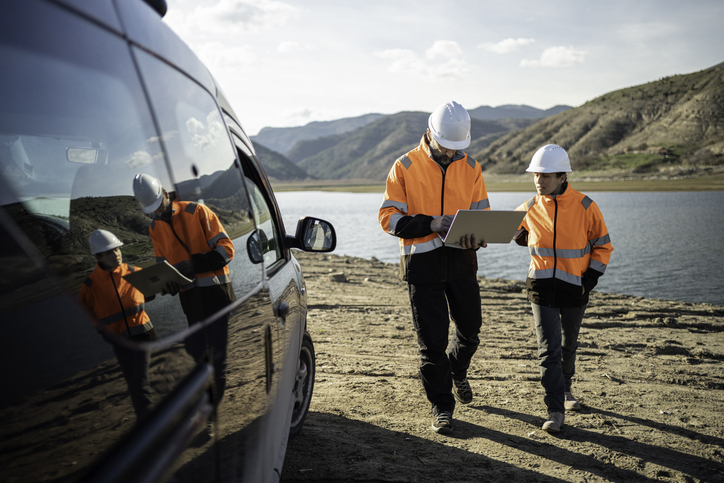Blog: How well are water companies adapting to climate change?

Climate change is already here – are water companies doing enough to secure the future of our water and rebuild trust?
The exceptionally hot and dry weather this year has been a stark reminder that our water and sewerage services find themselves on the frontline of feeling the impact of climate change.
At the end of 2024, most water companies in England submitted voluntary climate change adaptation reports to Defra. These outline the steps companies are taking to adapt to these challenges and how their climate risk assessments have evolved since the last reporting round in 2021.
Key performance indicators like leakage reduction and supply interruptions help track companies’ progress on the delivery and implementation of climate adaptation. However, the Climate Change Committee reported to Parliament earlier this year that English water companies had made “insufficient progress” in reducing demand and improving system performance, with only “partial progress” on increasing supply.
Customers expect safe and resilient water and wastewater services, but the inadequate progress reported by the Committee risks further undermining already record-low levels of consumer trust. The adaptation reports provide an opportunity for companies to rebuild that trust with their customers.
Companies can reassure people they are taking steps to secure water resources and deliver reliable services. They also demonstrate how climate adaptation is integrated into companies’ wider regulatory plans, like Water Resources Management and Drainage and Wastewater Management Plans. At the same time, they can remind all of us of the need to use water wisely and treat drains and sewers responsibly to support resilience, reduce sewer flooding risk and protect the environment.
CCW has reviewed these reports through a consumer lens. Encouragingly, many companies have drawn on customer insights and are already helping people adapt to climate change through behaviour change campaigns, environmental partnerships and other community initiatives. Customers recognise the importance of preparing for climate change to secure future water resources but they expect early investment to reduce risks. Smart meters will also play an important role, helping customers and companies track water use and detect leaks to support demand reduction.
CCW is pleased affordability is being considered in adaptation. Company actions include keeping bills stable, supporting financially vulnerable customers, incorporating customer feedback and timely investment using adaptive planning.
CCW also asked companies to publish customer-friendly summaries of their adaptation reports and we’re pleased that six – Affinity Water, Cambridge Water, Northumbrian Water, Severn Trent Water, South East Water and Yorkshire Water – have done so.
There is still much more to be done. CCW’s Water Worries Affordability Research shows many customers are cutting spending on essentials like food to pay bills, as households struggle with the rising cost of water and sewerage services.
Balancing the cost of adapting to climate change, while keeping bills affordable for everyone, makes the case for introducing a single social tariff even more compelling.
Climate change is already impacting the water environment. We urge all companies to improve how they present climate information online – making it clearer, easier to find and more engaging. This can both reassure customers and inspire action, showing that companies are working to ensure safe, affordable and reliable services into the future, while reminding us that everyone has a part to play.

Ana Maria Millan, Policy Manager, CCW



